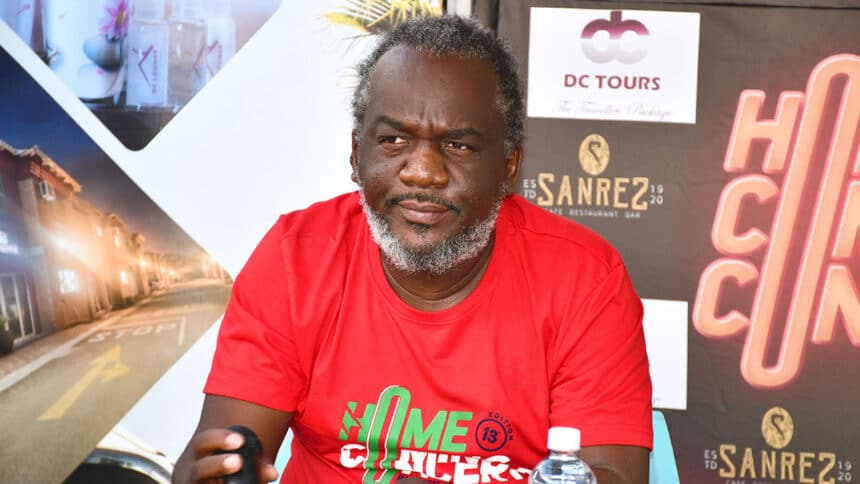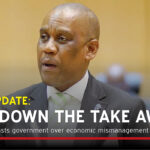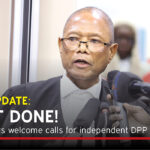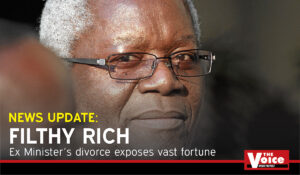Fed-up service providers cry foul
Botswana Entertainment Promoters Association (BEPA) came in for festive fire over the holidays, with several social media personalities reaching out to the association complaining of outstanding payments from gigs they worked at over Christmas.
Security personnel, promo girls and event activators were highly critical of local promoters who used their services but were still to pay up.
The flames of discontent were initially stoked by veteran promoter, Moxx Gaolape, who promised to name and shame all the events (he estimated there were 22) that benefitted from the Department of Broadcasting Services and the National Arts Council but had failed to ‘honour their agreements’.
When the highly anticipated expose went quiet, Voice Entertainment spoke to BEPA Secretary General, David Abram, who confirmed the association sat with and reconciled Moxx and those owing him.
While BEPA is responsible for overseeing the work of event promoters in Botswana, Abram noted there isn’t much they can do in such situations except act as a mediator.
“On our side, we can revoke their licence if they are found to be violating our code of conduct. However, when it comes to issues of payment, that is a civil matter which we advice them to take up with the courts,” he explained.
Reiterating some of BEPA’s responsibilities, Abram said their role was to advocate for promoters, customers and service providers, as well as bridging the gap between these stakeholders.
“Unfortunately, we cannot make decisions for any of these parties, except advising them to maintain a mutually beneficial relationship,” he stressed.
Abram maintained most of the disputes were propelled by a lack of patience from the service providers.
“Tasks such as reconciling ticket sales take some time, but unfortunately, some people run impatient, expecting to be paid as soon as the event is done. Clear communication between all parties is the key to resolving all these issues,” he said.
Voice Entertainment reached out to a number of disgruntled service providers, giving them a chance to air their grievances.
However, all declined the offer, stating they were afraid speaking-up would do their chances of getting paid more harm than good.



















